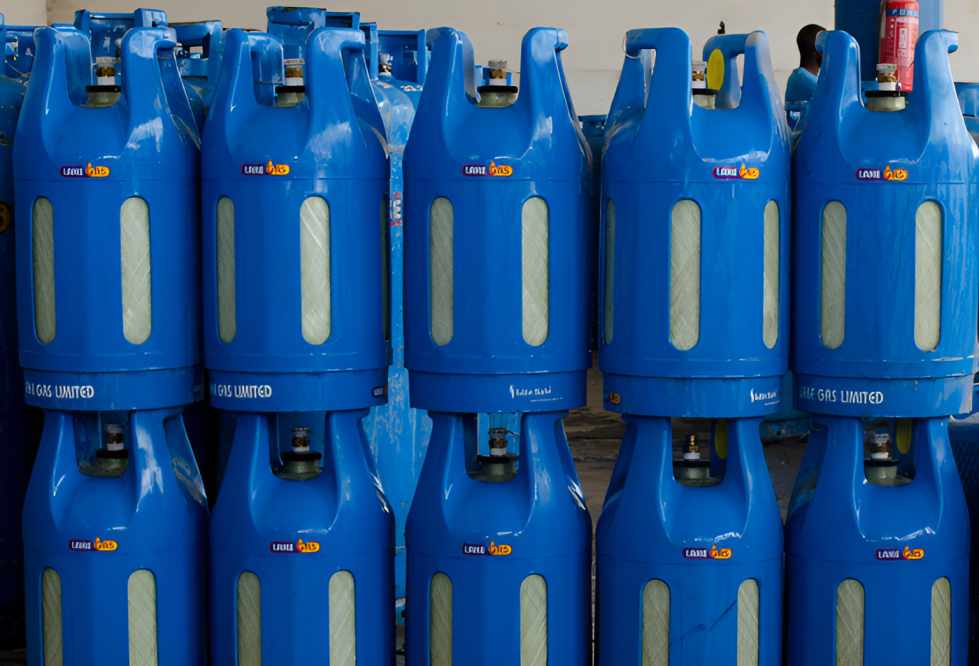Lake Gas has come out in defense of its first bulk import of cooking gas, assuring the public that the consignment complies with all necessary quality and safety regulations.
This follows concerns raised by the Kenya Bureau of Standards (KEBS), which flagged the shipment for lacking sufficient odourant a crucial additive that helps detect gas leaks.
Despite the red flag from KEBS, the company maintains that the product is safe for use and meets the required industry benchmarks.
Liquefied Petroleum Gas (LPG) has no natural smell, so an odourant, typically ethyl mercaptan, is added to give it a distinct, rotten egg-like scent that helps users detect leaks.
In a statement issued yesterday, Lake Gas confirmed that it had completed the process of injecting ethyl mercaptan into its imported LPG shipment and is now awaiting final clearance from the Kenya Bureau of Standards (KEBS) to release the gas to the market.
The company also refuted allegations that it had already dispatched trucks carrying the gas to various refilling facilities before obtaining regulatory approval.
Lake Gas has finalized the addition of the necessary odorant to its LPG to give it the signature smell, according to General Manager Morris Mutiso.
He noted that the company is now awaiting the Kenya Bureau of Standards (Kebs) to carry out its final testing and inspection of the scent before giving the green light for the gas to enter the market.
“At this point, Lake Gas LPG has not yet been released for public use,” Mutiso clarified. “We will only proceed once Kebs has completed the required quality assurance processes, as we remain committed to delivering safe, high-quality, and affordable LPG to our customers and reshaping the industry.”
KEBS has raised concerns over the safety of cooking gas supplied by Lake Gas, citing insufficient levels of the odourant a pungent chemical typically added to LPG to help detect leaks.
In a letter sent to the company on Thursday, Kebs revealed that inspections at Lake Gas facilities showed the equipment used to add the odourant was malfunctioning.
As a result, the gas distributed lacked the necessary stench, posing a potential danger to consumers who may not detect leaks easily.

